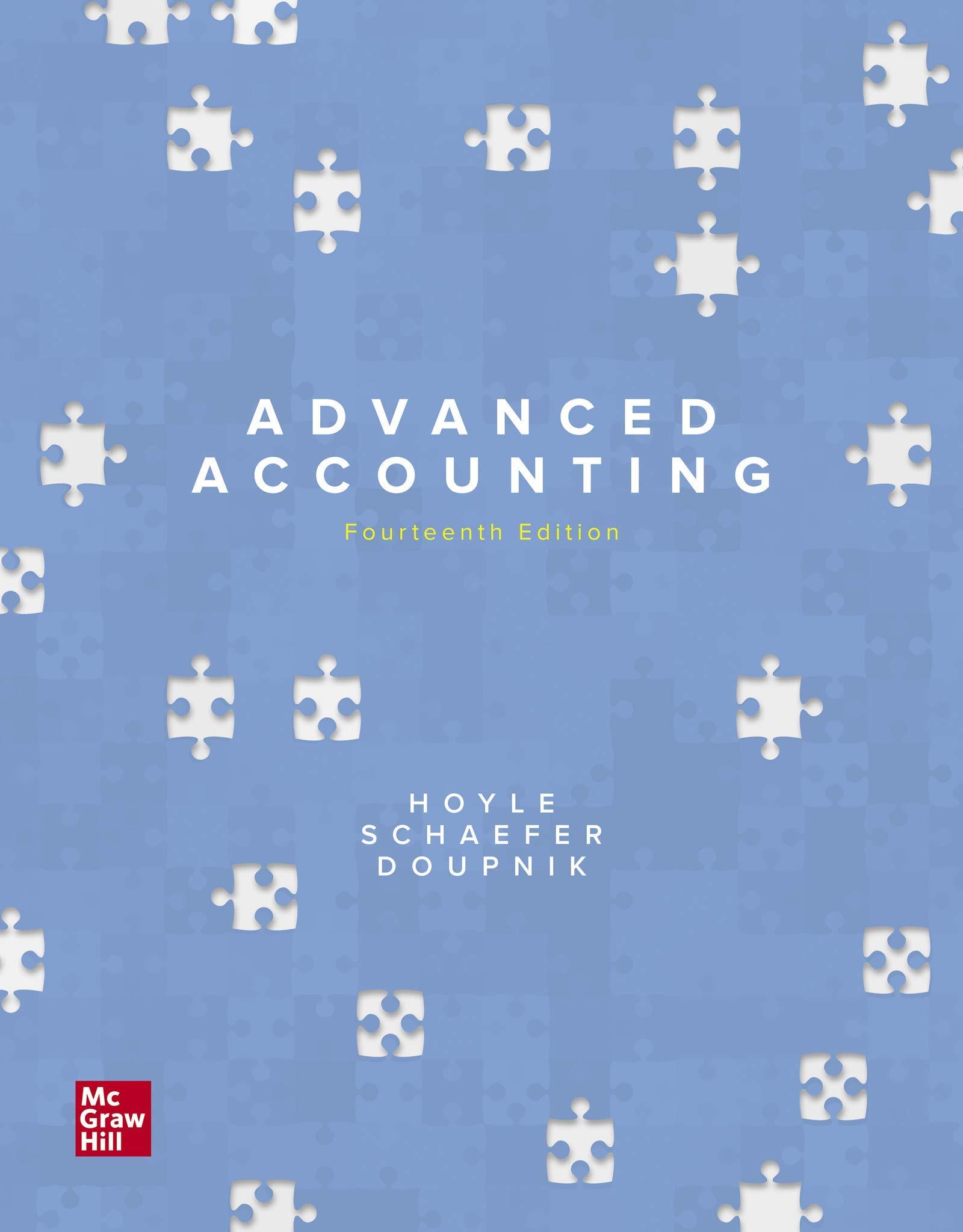

Please kindly provide workings
Please answer QUESTION 1 PART 1 PART 1 REQUIRED - answer the below required with reference to Liquid hand sanitisers Marks Round your answers to two (2) decimal places, where applicable a) Explain how you would classify the labour cost in terms of behaviour and 5 graphically illustrate the labour cost on a unit cost and a total cost basis. b Prepare the actual Statement of Comprehensive Income for the year ended 17 30 June 2020 on the absorption costing basis and show each element of cost separately. . Marks will be awarded for presentation and layout c) Reconcile the absorption costing profit/(loss) you calculated in b) above to 4 the variable costing profit/(loss) for the year ended 30 June 2020. i. You may ignore the effects of taxation d) Critically analyse the statement, "Absorption costing can provide counter 4 intuitive information to users of financial statements who are not aware of cost accounting principles". TOTAL 30A selling and administration cost occurs each time a bottle of liquid hand sanitiser is sold. The product manager has prepared a table of these costs for the last quarter of 2020. Month Total selling and Bottle of liquid admin cost hand sanitiser sold April 2020 R31 250 6 500 May 2020 R40 250 8 500 June 2020 R33 500 7 000 88 000 bottles of liquid hand sanitiser were manufactured during the year under review and the actual fixed overhead incurred for the year ended 30 June 2020 amounted to R3 550 000. Personal protective equipment (PPE) product line Hand Hygiene Ltd, has recently appointed Jon Mashoro, a newly qualified CA(SA) to join as a financial assistant to company's financial manager. The financial manager has requested Jon to prepare a monthly cash budget for the PPE product line. As a basis for the 2020/2021 budget Jon has compiled the following information: Monthly sales forecast for 2020/2021 are as follows: Month Sales July R3.5 million August R3.75 million September R4.25 million October R5.25 million November R5.15 million 80% of sales are on credit. 60% of the total sales are collected in the first month following the sale. The remainder of the sales are collected in the second month following the month of the sale. All cash paying customers take advantage of a 2.5% discount for paying in full on the date of purchase. Material purchases in each month are equal to 30% of sales forecast for the next month and are paid for in the month after purchase. PPE production is scheduled at the level of forecast sales for the following month. Labour expenses are equal to 45% of forecast sales and are payable in the month of production. Selling and administrative expenses of R400 000 per month are paid in the month incurred. Interest expenses of R185 000 on long-term debt and bank loans are due on 31 August 2020. Fixed overheads of R450 000 per month (including depreciation of R50 000) are paid in the following month. Page 3 of 4Question 1 60 Marks Hand Hygiene (Pty) Ltd (HH), is a small South African company that manufactures hand hygiene products and some personal protective equipment (PPE). Its hand hygiene product range is limited to one product line called Safe Hands, which includes liquid hand sanitisers, liquid hand soap and wet wipes. SafeHands products are marketed as part of a single marketing campaign; total fixed marketing costs for the year (ended 30 June 2020) amounted to R300 000. A third of the marketing costs are allocated to each of the various product types in the product line. The SafeHands' products (liquid hand sanitizers, liquid hand soap and wet pipes) are manufactured in separate parts of the HH factory, with each product run by its own product manager. Liquid hand sanitisers Hand sanitisers are sold in batches of four bottles of liquid hand sanitiser, at a price of R400 per batch. During the financial year (ended 30 June 2020), 20 000 batches of liquid hand sanitizer were sold. Inventory records show that there were 5 000 bottles of hand sanitizer in inventory on 1 July 2019, valued at R80 each. This value includes an allocation of fixed manufacturing overheads to the value of R35 per bottle of liquid hand sanitiser. The machinery and labour required for the production of liquid hand sanitizers theoretically allows for 100 000 bottles of liquid hand sanitiser to be manufactured per annum. HH expects production volumes to be around 90 000 bottles per annum under normal circumstances for the next three years, taking into account the loss of capacity resulting from planned maintenance. The fixed overhead amount relating to the production of liquid hand sanitisers was budgeted to amount to R3 600 000 for the year ended 30 June 2020. Fixed overheads are allocated based on the budgeted number of bottles of liquid hand sanitiser produced during the year. The following costs relate to the production of one bottle of liquid hand sanitizer: INPUT COST NOTES Raw materials R38.00 per bottle of hand |Sourced locally from a reliable supplier. sanitizer Labour R80.00 per hour Each liquid hand sanitiser requires 6 min of labour time. Page 2 of 4












